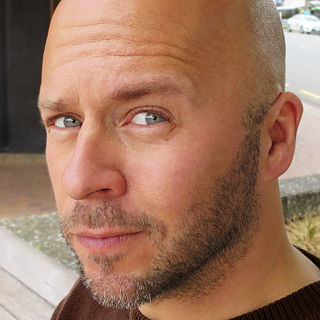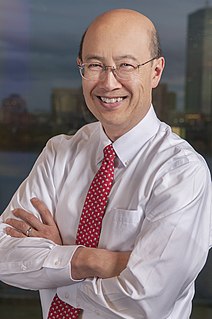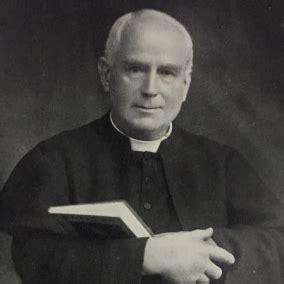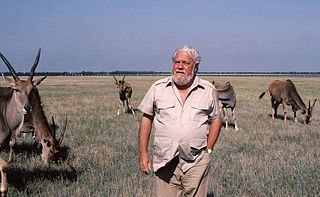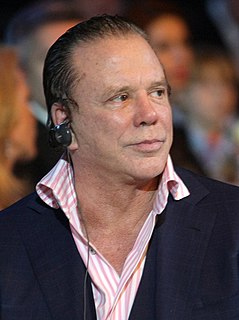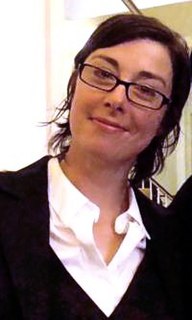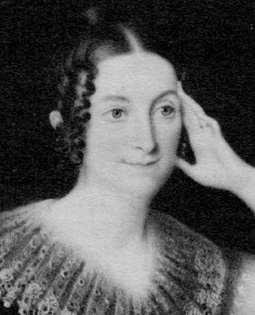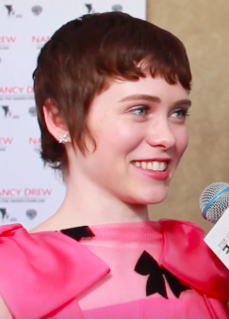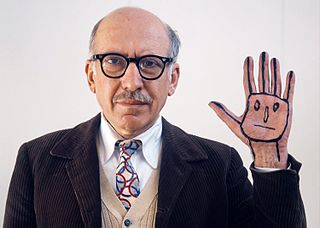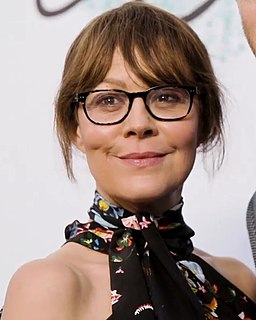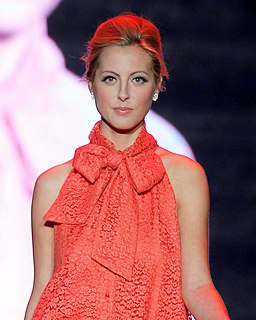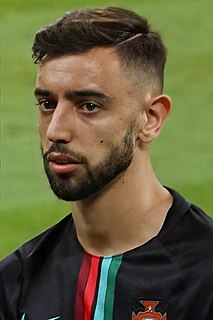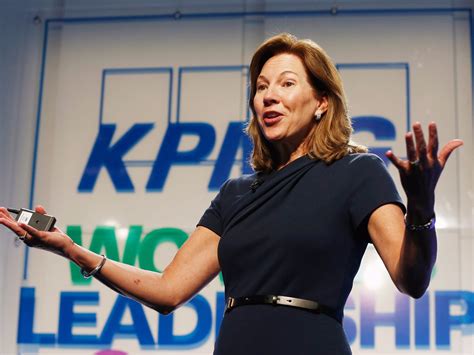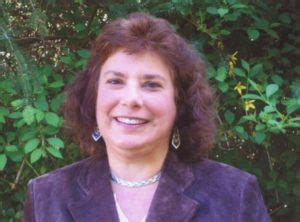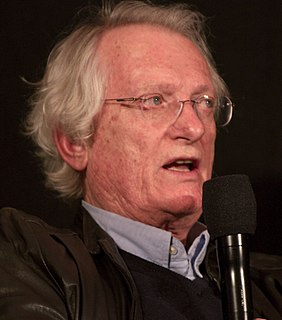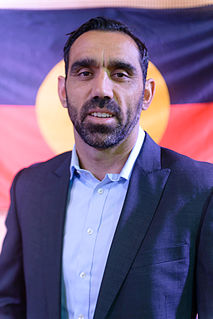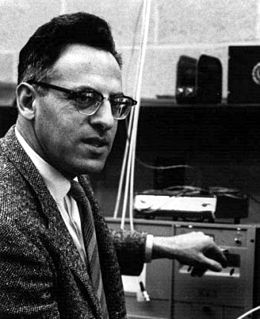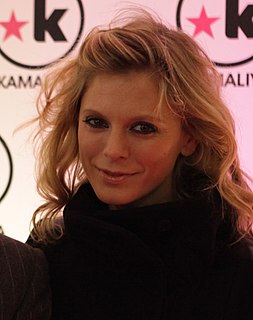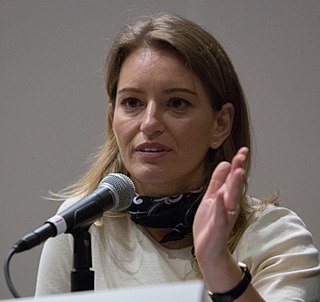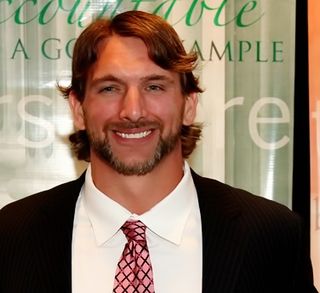Top 1200 Early Childhood Quotes & Sayings - Page 3
Explore popular Early Childhood quotes.
Last updated on November 24, 2024.
Learning to read and write makes little sense if you don't understand what you're reading and writing about. While we may have forgotten, most of our early learning came not from being explicitly taught but from experiencing. Kids aren't born knowing hard and soft, sweet and sour, red and green. When the child experiences those things, s/he transforms them into psychological understandings. When kids play with other kids, they learn about others and about themselves. Learning the basics of our physical and social reality is what early childhood is all about.
As a kid who wasn't into sports, at school I felt almost alienated at times, whereas in the theatre community there was this amazing sense of camaraderie. Early on, we would go to rehearsals with my dad and I was like the mascot for the backstage crew. That was a big part of my childhood, so I dreamed of one day doing a play in London.
